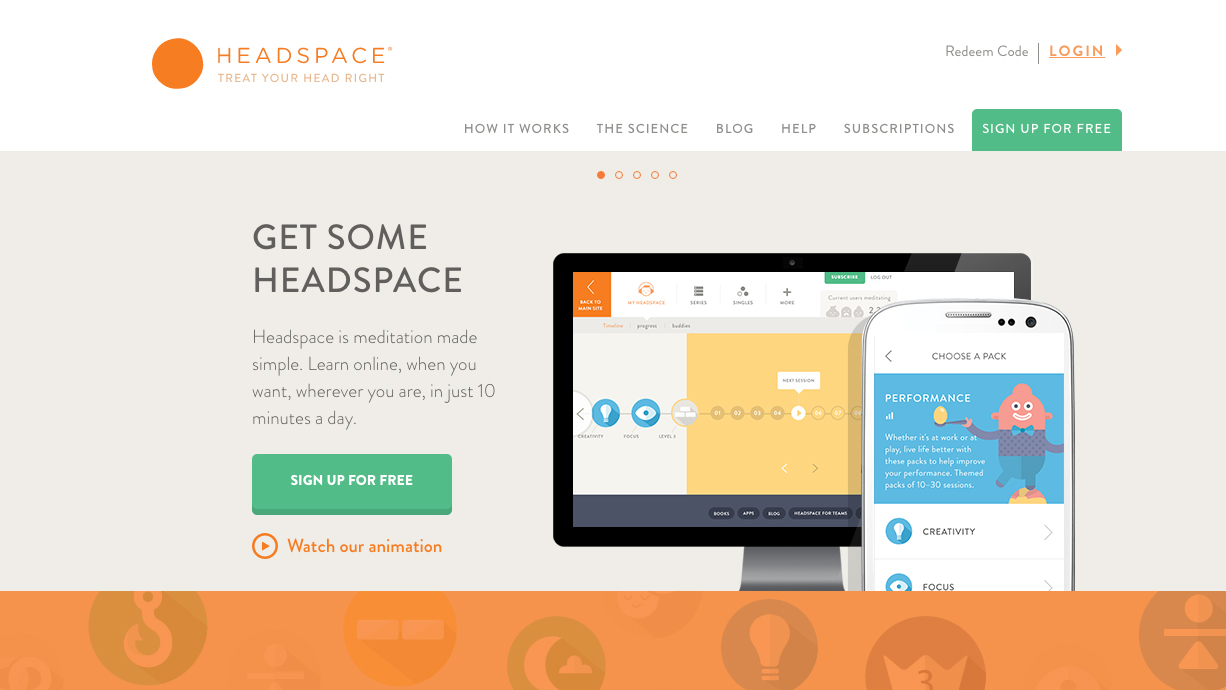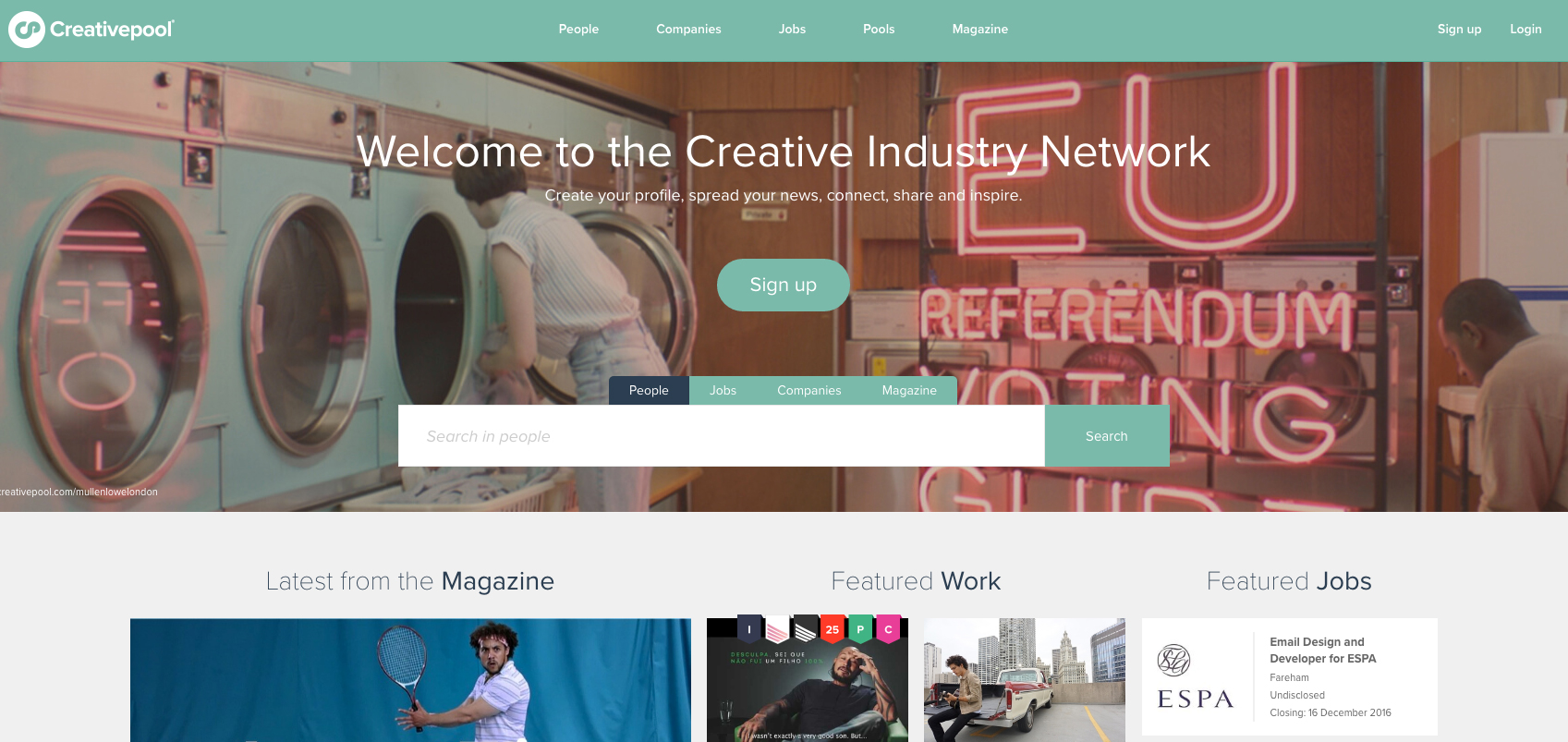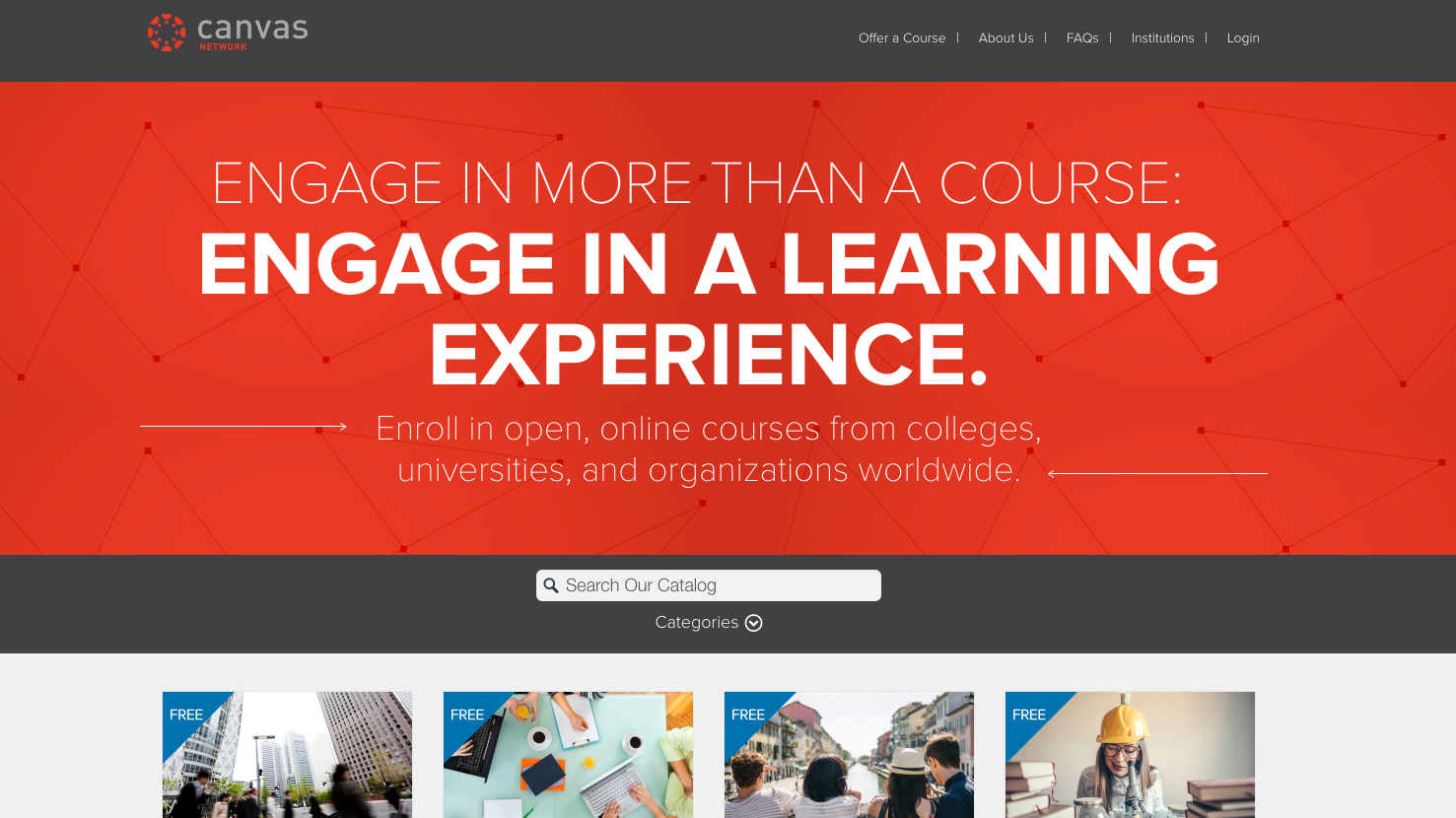8 tips for coping when you hate your job
Stuck in a job you can’t stand? We know eight ways to make your time there suck less.
Daily design news, reviews, how-tos and more, as picked by the editors.
You are now subscribed
Your newsletter sign-up was successful
Want to add more newsletters?

Five times a week
CreativeBloq
Your daily dose of creative inspiration: unmissable art, design and tech news, reviews, expert commentary and buying advice.

Once a week
By Design
The design newsletter from Creative Bloq, bringing you the latest news and inspiration from the worlds of graphic design, branding, typography and more.

Once a week
State of the Art
Our digital art newsletter is your go-to source for the latest news, trends, and inspiration from the worlds of art, illustration, 3D modelling, game design, animation, and beyond.

Seasonal (around events)
Brand Impact Awards
Make an impression. Sign up to learn more about this prestigious award scheme, which celebrates the best of branding.
We've all been there. The morning alarm that wakes you like a tolling bell. The grey trudge across the car park. The avalanche of emails that starts to arrive at 8.59am. The colleague who mutters darkly behind you, expletives occasionally audible. The slow tick of the second hand, as you fill your hours with pointless paperwork.
We have all had jobs we hated. It’s a rite of passage, and not just for creatives. But you have a secret weapon. Your creative design skills can get you out of this situation.
But, and here’s the bad news, it won’t just 'happen' – you have to make it happen. You have to take control of your situation and do something productive with it. How? We’ve got eight tips that’ll get you started – and they’ll give you a good start. The rest is up to you.
01. Use CBT

Several studies have shown that, statistically, positive thinking helps you to live longer. That may not be what you want to hear when your working life is a black vortex of pain – but there are tried and tested ways to increase your happiness quotient.
Gillian Butler’s book Manage Your Mind suggests a range of methods - it’s well worth investing in a copy. Based on Cognitive Behavioural Therapy or CBT, one suggestion is to put negative thoughts into perspective with questions like 'Will this matter 100 years from now?' and 'Is this the most important thing for me to be thinking about right now?'
As designers and creatives we work with technology a lot and there are even apps that can help you stay positive. A search on your mobile device’s app store for 'mindfulness' apps will lead to a bunch of tools designed to help clear your mind of negative clutter and meditate – including personal positivity coach Headspace.
02. Talk to your boss
While we acknowledge that not everyone will be able to drop into the head honcho’s office for a good old moan – this could be a tactic if, a) your line manager is approachable, b) you can clearly identify what’s making you unhappy and, crucially, c) it’s a simple fix.
Daily design news, reviews, how-tos and more, as picked by the editors.
For example, if you’re miserable sharing an office with a loudmouthed bully who fills every quiet moment of your day with projectile snark, ask if you can be moved. If the problem is that you’re overwhelmed with a certain admin task, ask for support, training or extra time to complete it. Perhaps you feel you’re in the right place, but the wrong role. A good manager should help you to find solutions that enable you to do a better job.
Unfortunately, not every issue is that easy to resolve – and not every line manager is a fully qualified human being. Which is why there are seven other tips in this article to help you out.
03. Start a side project

It could simply be that your McJob is a brain-in-neutral stop-gap and you’re treading water, waiting for real life to start. It’s a position many creatives can find themselves in after university, when earning money takes temporary precedence over carving out a career.
So, be proactive and start a side project. And we don’t mean rewatching Star Trek: The Next Generation from start to finish either. It should be something creative and productive, where you can learn some new skills, pad out your portfolio and actually get better at what you want to do for a living.
One way to combine skills acquisition with self-promotion is by starting up a themed Tumblr, Behance portfolio or blog, posting new designs to a strict daily or weekly schedule. Just look at at the coverage we give to exciting designers at Creative Bloq. That could be you.
04. Think about your next job
Even if you hate your job more than life itself, it's still worth doing it right. Why? Because every job is a stepping stone on the way to where you want to be. So whether it’s filling buckets full of fried chicken or batch processing product shots in Photoshop, be a good employee.
Doing a good job when you hate your job will always reflect well on you. You’re more likely to be able to leave on good terms and will be able to get better references. Do a slack job on your McJob and the worst case scenario is that you’ll get sacked. And no one wants that on their resume.
05. Keep looking for opportunities

Getting a job is a job in itself. So make the most of online job services to alert you to opportunities as they arise. Mainstream job services are worth trying, with careful use of keywords that will help you to sort the wheat from the chaff. You can elect to have posts that fit your needs sent to your email address.
It makes sense to specialise as much as possible though and there are a couple of creative job sites worth trying, including CreativePool, Totaljobs and JobSite.
06. Get ready to go freelance
If your job isn’t giving you the satisfaction you need, think about becoming your own boss. Going into business for yourself is a big step to take – whether you plan to work alone or partner up with other designers – and we wouldn’t recommend it lightly. However, there are lots of advantages to the freelance life.
Top of the list: you’re in charge. You’re responsible for every aspect of your business, so you can run things your way. At the beginning of a freelance career it’s unlikely that you’ll be able to pick and choose too much - but that’s what you should be working towards.
We’ve written about taking the plunge into a freelance life before and there are pitfalls you should be aware of. It will pay to have a solid business plan and some money saved up in the bank before you commit. Freelancing can be a life of feast and famine, with times when there’s too much work and others when you’ll be living on beans. But there’s also the satisfaction of knowing that every hour you put into your business, builds your business.
07. Build transferable skills

One active way to stay positive in your grotty job is to use your time there to actively build your skill set as much as possible. If training courses are offered in-house (or your employer will pay for them), grab those opportunities with both hands, whether it’s first aid or Photoshop. The more certificated skills you can acquire in any situation, the more employable you’ll become.
Training opportunities don’t just have to be formal. Joining internal committees and project groups will enable you to network within your own organisation more effectively. You’ll not only acquire new skills as you work with more people, but you’ll be among the first to know if and when opportunities for promotion arise. And then there’s Creative Bloq, of course - packed with tutorials you can work through in your own time.
08. Book a holiday
'Going anywhere nice this year?' It’s a question hairdressers have been asking clients since the commercial cutting of hair began. There’s a reason for that. While they’re carefully shaving the nape of your neck or clipping the wiry hairs out of your ears, your hairdresser isn’t thinking about the back of your head. Or the two dozen other heads they’ll be looking at that day. They’re thinking about Aya Napa in June.
Your hairdresser has got their priorities right. Booking a holiday gives you something to look forward to as you grind through the thankless days ahead. But, when it comes, it will also give you some much needed perspective too. Time to think, strategise and plan for the future.
Primary image courtesy of Barkbud
